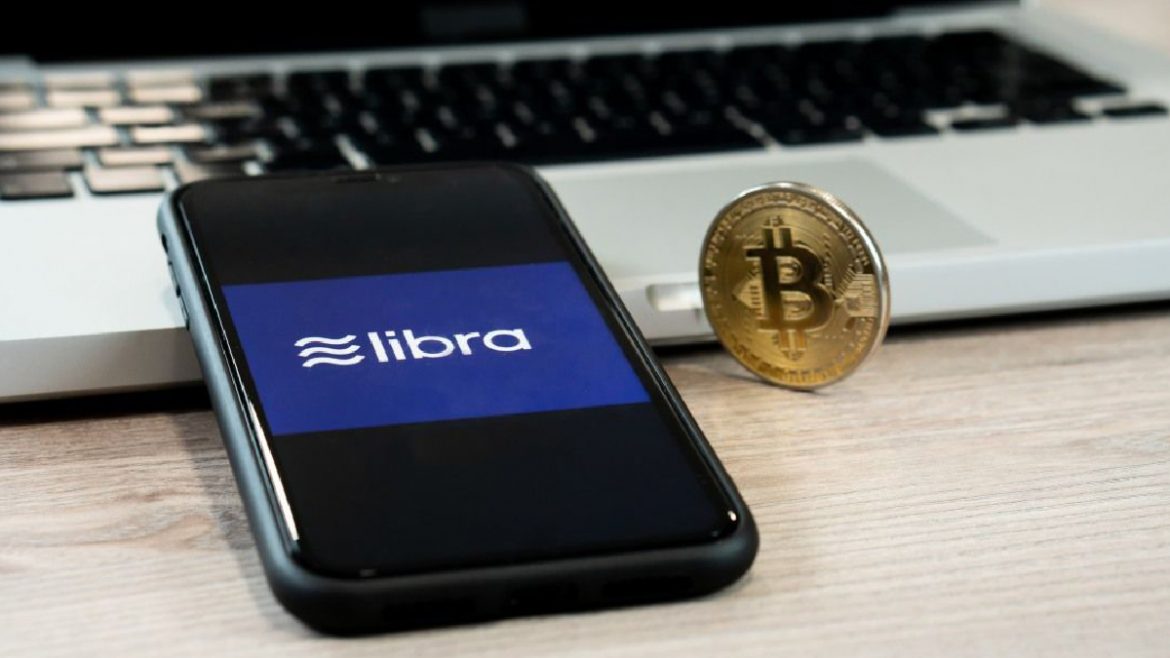When Facebook made the announcement that they wanted to launch Libra as a digital currency, there was undoubtedly a mixed reaction from the crypto community. One thing is for certain, Libra has been an overall positive thing for crypto awareness throughout mainstream and social media. Major financial institutions began to take notice of its large audience and global influence and Bitcoin rallied to $10K in a short amount of time. But the question remains: what happens to Bitcoin if Libra actually does succeed?
Facebook is a social media giant with over 2.5 billion users. Their hope is to integrate Libra into their existing apps. The sheer amount of users blows away how many traditional crypto traders exist, so in this article we will take a close look at Libra and Bitcoin to hypothesize the scenario of Bitcoin versus Libra.
Libra’s aim is to offer a simple, fast and cheap payment solutions for Facebook’s 2+ billion users. In an article recently published by The Block, the publication states that companies like PayPal, Visa, Stripe, and Mastercard will be supporting the Libra project by running one of the 100 available “nodes”, which costs $10M each.
Though it is not part of the plan at the moment, it is reasonable to think that these companies will integrate Libra into their payment processing software which is used by billions of users worldwide. Bitcoin, on the other hand, was created in response to the 2008 financial meltdown and it aims to take the power of money creation away from centralized financial institutions to create a fairer and more inclusive financial system.
While Libra is going to be run by a centralized authority, Bitcoin is not controlled by any central authority; transactions on the network cannot be censored, and funds cannot be seized. Its deflationary nature makes it a store of value – a feature that Libra sorely lacks. There are many parallels between what Libra is trying to achieve with payment processors like Visa, Mastercard or PayPal. Bitcoin, on the other hand, is purely focused on creating money that is not controlled, security, anonymity, and objective algorithmic protocols. Libra is controlled by a consortium of companies and must adhere to laws that these companies are governed by. This means that a handful of private companies will have access to all the transaction data that is user generated.
Libra has a lower transaction fee compared to Bitcoin which undoubtedly gives it an edge, but Libra is a stablecoin backed by fiat currencies which means that the government is snooping around and fully intends to regulate it. Libra will suffer a 2-3% annual inflation and will also be subject to significant risk if the fiat currencies that back it were to start failing. Bitcoin, on the other hand, has high market volatility and the price fluctuates every day in part because it is a finite token.
Bitcoin’s major trade-offs are in transaction cost and transaction duration. At the time of writing, sending a Bitcoin transaction can cost up to $2 and takes an average of 30 minutes to get network confirmation. However Libra would be faster and cheaper than this.
Will Libra’s success kill Bitcoin?
Libra is no more threat to Bitcoin than Visa or Mastercard is to it. Though Libra will no doubt see faster adoption over a short period of time because of their built-in network of Facebook users, we can theorize that existing banking and finance system are threatened. Libra does not match any of Bitcoin’s key value propositions. In fact, Libra’s launch announcement was a bullish event for Bitcoin and Libra is driving the notion of legitimizing cryptocurrencies in leading economies. If Facebook eventually shifts towards a full financial institution, it may build a cryptocurrency exchange functionality. This may support the price rally of Bitcoin and cryptocurrencies will be supported by the world’s largest social media giant.
What Happens to Bitcoin if Libra Succeeds?
previous post

1 comment
[…] Bitcoin […]
Comments are closed.